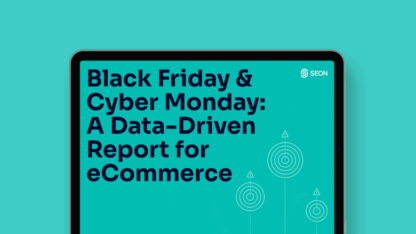Once designed to protect consumers, chargebacks have evolved into a costly and complex challenge for merchants across platforms. From friendly fraud and refund abuse to sophisticated third-party schemes, chargebacks now impact revenue, operations and even customer experience.
Our latest guide breaks down the true scope of the problem and provides a practical framework to reduce your dispute rate, strengthen fraud prevention and prepare for what’s next in eCommerce.
What Are Chargebacks?
Chargebacks were originally designed to protect consumers, but have evolved into a growing liability for merchants. When customers dispute transactions, the process often favors them, leading to revenue loss, fees and significant admin overhead, even when the sale was legitimate.
The Many Faces of Chargeback Fraud
Fraudsters and even everyday consumers now exploit the chargeback system in a variety of ways. Friendly fraud involves disputes over valid purchases, while refund abuse manipulates return policies. Criminal fraud using stolen cards and complex triangulation schemes further increases dispute volume and difficulty.
The Full Business Impact of Chargebacks
Chargebacks quietly drain profitability through more than just refunds. Fees, lost inventory and labor add up quickly, while high dispute ratios can result in increased processing costs, withheld funds or account restrictions. They divert teams from growth and erode long-term strategic focus.
A chargeback occurs when a cardholder disputes a transaction with their bank rather than the merchant. If approved, the transaction is reversed, and the merchant bears the financial loss, along with potential fees and reputational risk.
Common causes include friendly fraud, stolen card use, unclear billing and overly generous return policies. In many cases, chargebacks are filed even when a product is delivered and legitimate.
More than just the refunded amount. With fees, fulfillment, labor and lost product, a single $100 chargeback can quickly balloon into a $260+ loss.
While chargebacks can’t be eliminated completely, they can be dramatically reduced with the right tools, such as fraud scoring, behavioral analytics and automated dispute handling.








